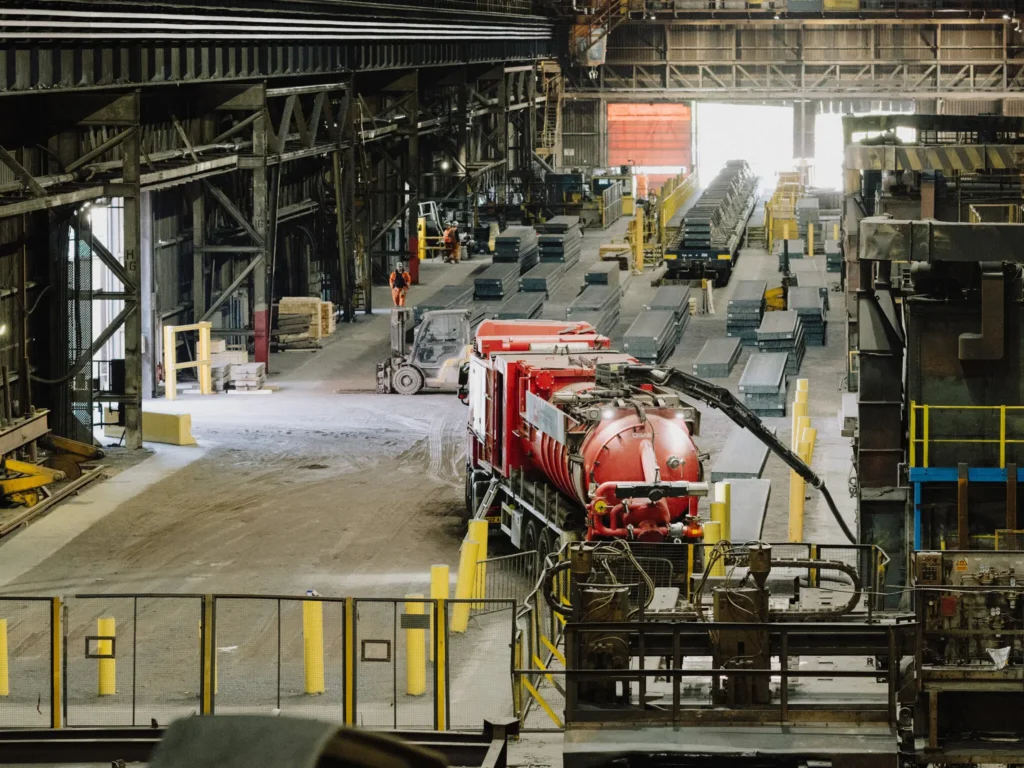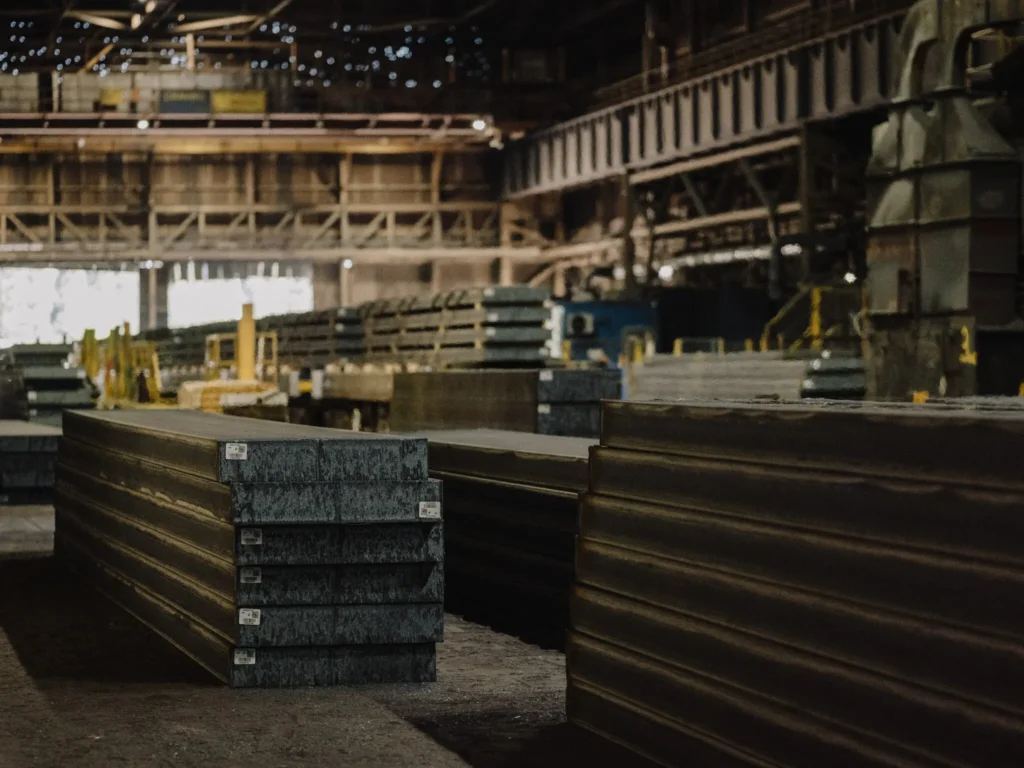The U.S. has lifted the 25% tariff on steel from the United Kingdom, offering long-awaited relief to an industry that has been under immense strain. For British producers like Marcegaglia Stainless Sheffield — part of Italy’s family-owned Marcegaglia Group — the announcement represents both opportunity and lingering uncertainty.
Marcegaglia ships more than 100 million pounds of steel annually to the U.S. — about a quarter of Britain’s total steel exports. When tariffs were introduced, the impact was immediate: rising costs, wavering demand, and urgent shipments that sometimes arrived too late, adding millions in unplanned expenses.
The struggles were further underscored when the UK government intervened at Scunthorpe, taking control of the nation’s last major steel mill amid fears its Chinese owners would close it. Across the industry, weak demand, outside competition, and soaring energy and environmental costs have weighed heavily on operations.
At Sheffield, where 440 people are employed, Thursday’s announcement sparked cautious optimism. “It’s good news for the company and the country,” said Ryan Johnson, a project engineer. Yet, as planning manager Tracey Wilshaw noted, the lack of structure in trade policy makes long-term planning difficult: “There doesn’t seem to be a structure, so you can’t plan anything. Which doesn’t give us any stability at all.”
Industry voices are clear: the U.S. remains Britain’s second-largest steel export market after the EU, accounting for about 9% of sales. With tariffs eased, there’s hope that American buyers will re-engage — but questions remain about material processed through the EU before heading stateside, and what future tariffs may apply.

Prime Minister Keir Starmer has pledged support for the domestic steel sector, but the facts remain sobering: only 35% of steel demand in Britain is met by domestic production, according to Steel UK. Decades of closures, consolidations, and shifting ownership have reshaped the industry.
And yet, amid these challenges, one constant is the resilience of steelworkers. From veterans like Dave Brooks, who entered the trade in 1986, to contractors like Simon Flynn, the message is steady: “Just grin and bear it.”
For businesses like Pro Steel Services, these developments are more than headlines — they are signals of a shifting landscape in supply chains, costs, and opportunities. Relief may be here today, but long-term stability will depend on collaboration, smarter trade policy, and continued investment in sustainable steelmaking technologies like Sheffield’s electric furnaces.
📌 Reporting sourced from NY Post and Marcegaglia coverage.


